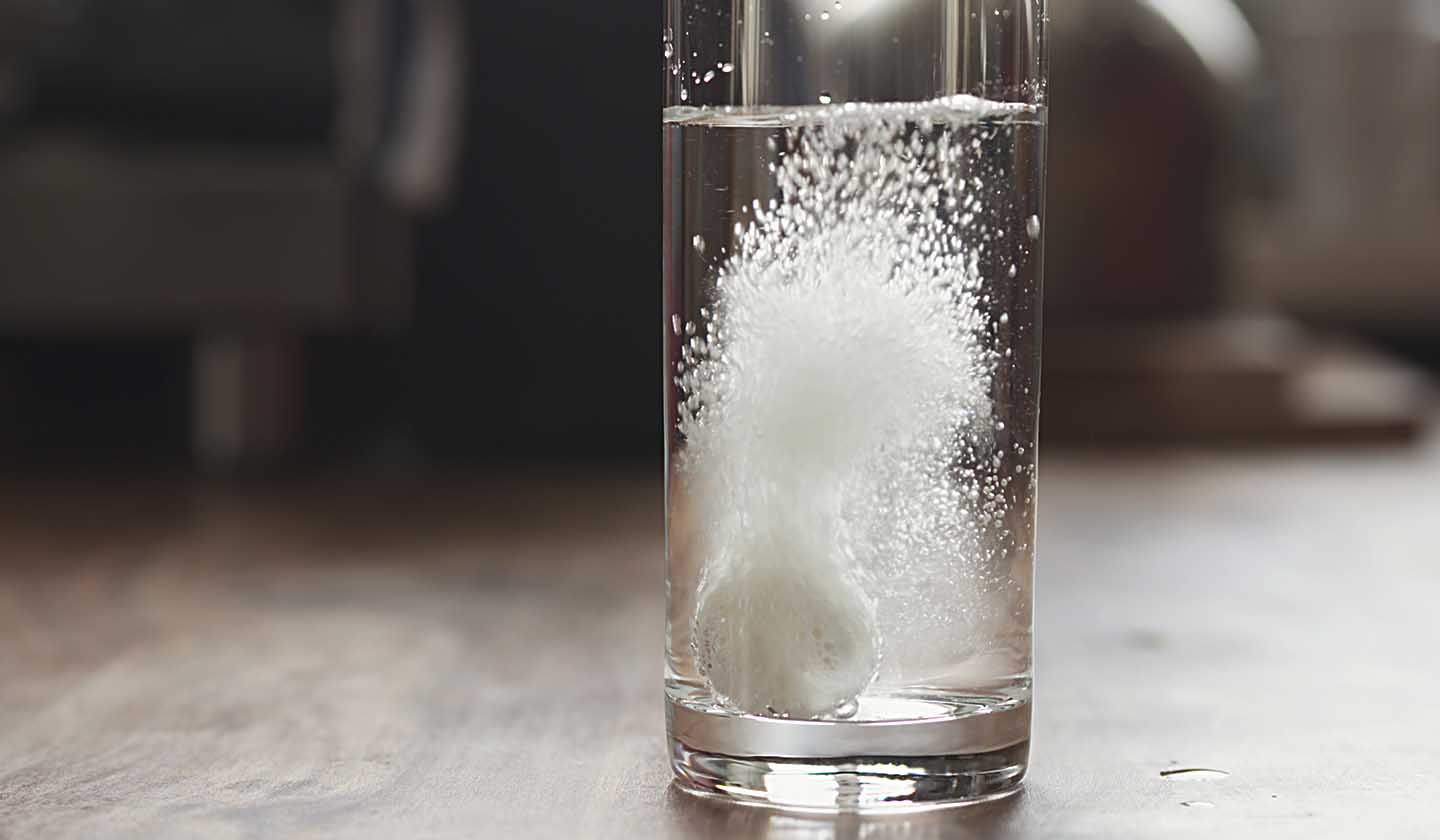Supplements
Attention! Beware of supplementation in sport

The number of persons taking part in sport has been growing over the last years and we can see more and more people concerned about improving their athletic performance.
Dietary choices help sportspersons meet their needs, even though they often resort to nutritional supplements and food for sport.
Supplements in sports
Nutritional supplements are not entirely harmless. An informed choice of the nutritional supplements is a vital prerequisite for deriving the maximum benefit from it safely.
The most common nutritional supplements are:
- Protein;
- Caffeine;
- Creatine.

Protein
Protein plays an important role in post-workout recovery, especially in weight and resistance training.
The daily recommended intake of protein for athletes is 1.2 to 107 grams.
The amount of protein intake per moment, the intake moment and the protein source are more important than the total protein intake amount.
The amount of protein intake per meal, to stimulate muscle protein synthesis, varies between 20 and 40 grams. In practice, these values vary between 0.25 and 0,4 grams per 1 kilo of body weight.
It is therefore better to opt for a protein-rich diet. However, nutritional supplements are an easier and more comfortable way to consume protein.
The most commonly used are whey protein, casein, egg, and soy protein.
You can find protein in the form of powder or energy bar.
Caffeine
Caffeine is a natural stimulant that can be found in coffee, tea, and cocoa. It has the ability to lessen the feeling of fatigue, effort, and pain.
It can be helpful in weight and resistance exercises (such as, cycling, running, and rowing).
Excessive caffeine intake does not increase the beneficial effects and may have adverse effects, such as changes in blood pressure, insomnia, increased heart rate, among other.
It can be found in energy drinks and bars.
Creatine
Creatine is naturally produced by the body in our kidneys and liver, as an energy source. It improves the athlete's ability in high intensity workouts, such as speed training and team sports.
The name that appears on this supplement label is creatine monohydrate.
Creatine supplementation is safe. It can cause weight gain possibly due muscle water retention.
People with kidney problems are advised not to use this supplement without the supervision of a health professional.

Food and drinks for sport
These food and drinks provide energy and nutrients, and can be found in the form of:
- sports drinks;
- energy drinks;
- energy bars.
Sports drinks are composed of liquids, carbohydrates, and electrolytes (sodium, potassium) are used to promote the hydration, replenish electrolytes, and improve the physical resistance of the athlete.
They can be consumed during or after the workout.
Energy drinks contain carbohydrates, stimulants (caffeine, guarana, ginkgo biloba, among others). They can temporarily increase focus and physical resistance. The benefits on the increase of muscle strength are unknown.
These drinks should be consumed with caution because they may adversely interact with medicines, supplements, or alcohol.
Energy bars contain carbohydrates, protein, vitamins, and minerals. Usually, these bars are a low-fat product.
They are a healthy option for pre-and-post workout because they help in the muscle repair process.
Multivitamin/multimineral supplement
These supplements help to improve performance and to correct nutritional imbalance. They can be beneficial in cases of nutritional deficiency.

Magnesium
The magnesium promotes energy production, and it helps in post-workout muscle recovery. Recommended for the practice of intense physical activity.
Magnesium is available in tablet, dissolving tablet, powder for oral solution (sachet) and ampoules.
Glucosamine and chondroitin
Articular impaction can occur during a training session. The intake of glucosamine and chondroitin combined helps maintaining the integrity of cartilage and joints.
Available in tablets and in powder for oral solution (sachet).
Nutritional supplements should never replace a well-balanced and varied diet
Supplementation needs should be adapted to each athlete considering his/her age, the physical exercise intensity and training goals.
For the safe use of supplements, the following is recommended:
- Make sure that they are suitable to your needs;
- Respect the recommended dose (higher doses can lead to poisoning);
- Respect intake instructions.
Watch out!
Supplementation intake without the supervision of a health professional, with cardiovascular risk factors, changes in the kidney or hepatic function, as well as in pregnant women or breastfeeding mothers.
Sources
iSaúde
Farmácia Distribuição Magazine






